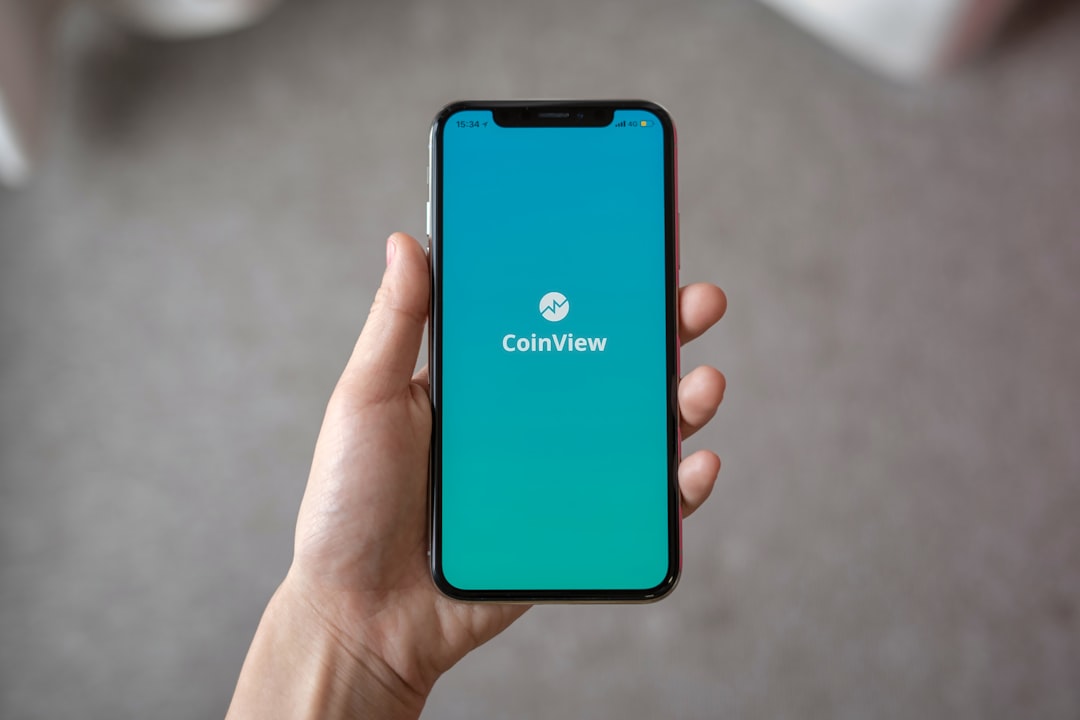During the holidays, West Virginia residents are vulnerable to robocall scams targeting personal info and finances. Scammers impersonate government, banks, retailers; use emotional appeals. Protect yourself with TCPA-mandated rights, Do Not Call Registry, local lawyer's guidance. Avoid sharing numbers online, block suspicious calls, report to FTC for extra legal aid.
“As the holiday season winds down, so does your guard against robocalls—or so you think. Scammers capitalize on our busy schedules and festive spirit, making this time of year a peak period for robocall scams. In West Virginia, understanding your legal rights is crucial. This guide, crafted by a seasoned Do Not Call Lawyer in West Virginia, offers expert insights to navigate these fraudulent calls. Learn to identify red flags, protect your personal information, and take proactive steps to avoid becoming a victim during the holidays.”
Understanding Robocall Scams During Holiday Season

During the holiday season, consumers are often caught up in a whirlwind of shopping, preparations, and celebrations, making them more susceptible to phone scams, particularly robocalls. These automated calls, which can seem like they’re coming from legitimate sources, often aim to steal personal information or money. In West Virginia, where many residents rely on legal protection against unwanted calls, such as those offered by a Do Not Call Lawyer West Virginia, understanding these scams is the first step in safeguarding your holidays and financial security.
Robocallers target people’s desire for deals and gifts during the holidays to trick them into providing sensitive data or making purchases. They may pose as government agencies, banks, or popular retailers, claiming that you’ve won a prize or that there’s an issue with your account that requires immediate attention. Scammers also use emotional appeals, like claiming a family member is in trouble, to manipulate recipients into sharing personal details or sending money quickly without verification. Staying vigilant and knowing the common tactics can help you avoid these traps and ensure a scam-free holiday season.
Legal Rights: What You Should Know in West Virginia

In West Virginia, residents have specific legal rights when it comes to robocalls and telemarketing practices. The Telephone Consumer Protection Act (TCPA) grants consumers the right to silence unwanted calls, including those from automated systems or prerecorded messages, often referred to as robocalls. If you are a victim of such scams in West Virginia, you have legal recourse. A Do Not Call lawyer in West Virginia can help you understand and exercise your rights under the TCPA. They can guide you through filing complaints with relevant authorities and even represent you in court if necessary.
Knowing your rights is the first step to protecting yourself from robocall scams during the holidays or any other time of the year. Stay vigilant, screen calls wisely, and consult a legal professional if you suspect any violation of your privacy or consumer rights.
Identifying Red Flags: Common Tactics Used by Scammers

Scam artists are always looking for new ways to take advantage of unsuspecting individuals, and the holidays make for a particularly fertile ground due to increased phone calls and online interactions. One common tactic used by these con artists is impersonating government agencies or legitimate businesses, often through automated dialers, to trick you into providing sensitive information. They may claim there’s an issue with your tax return, bank account, or social security number, demanding immediate action.
Another red flag to watch for during the holiday season is a sudden surge in calls from unknown numbers. Scammers often use automated systems that randomly generate numbers, hoping one will belong to someone vulnerable enough to bite on their deceitful offers. If you receive a call from an unfamiliar number and the person on the other line starts making demands or offering something too good to be true, it could very well be a scammer. Remember, reputable organizations will never ask for personal information over the phone unless initiated by you. For extra protection, consider registering with the National Do Not Call Registry and consulting with a Do Not Call Lawyer in West Virginia if you suspect any illegal activity.
Protecting Your Information: Tips from a Do Not Call Lawyer

With the holiday season upon us, many people in West Virginia are eager to connect with loved ones and enjoy festive celebrations. However, this time of year also brings an increased risk of robocall scams, aiming to steal your personal information or money. To protect yourself from these unwanted intruders, consult a Do Not Call Lawyer West Virginia for expert insights on safeguarding your data.
A Do Not Call Lawyer can offer crucial advice tailored to the laws in West Virginia, helping you understand your rights and responsibilities regarding caller identification and privacy. They suggest keeping your contact information secure by being cautious with its distribution during holiday promotions or events. Additionally, never share sensitive details like social security numbers or financial data over the phone unless you initiate the call and verify the recipient’s identity.
Taking Action: Steps to Report and Avoid Future Scams

If you’ve received a suspicious call during the holidays, taking action is crucial to help protect yourself and others from future robocall scams. Start by reporting the number to the Federal Trade Commission (FTC) through their Do Not Call registry. This simple step ensures that you won’t receive calls from that number again. Additionally, many states have Do Not Call laws, including West Virginia, where a local Do Not Call Lawyer can assist in blocking and legal action against persistent scammers.
To avoid future scams, be cautious about sharing your phone number online or with unknown sources. Review your call history regularly and block numbers immediately if they seem suspicious. Remember, legitimate companies won’t use robocall services for marketing purposes. By staying vigilant and following these steps, you can significantly reduce the risk of falling victim to holiday-themed robocall scams.






